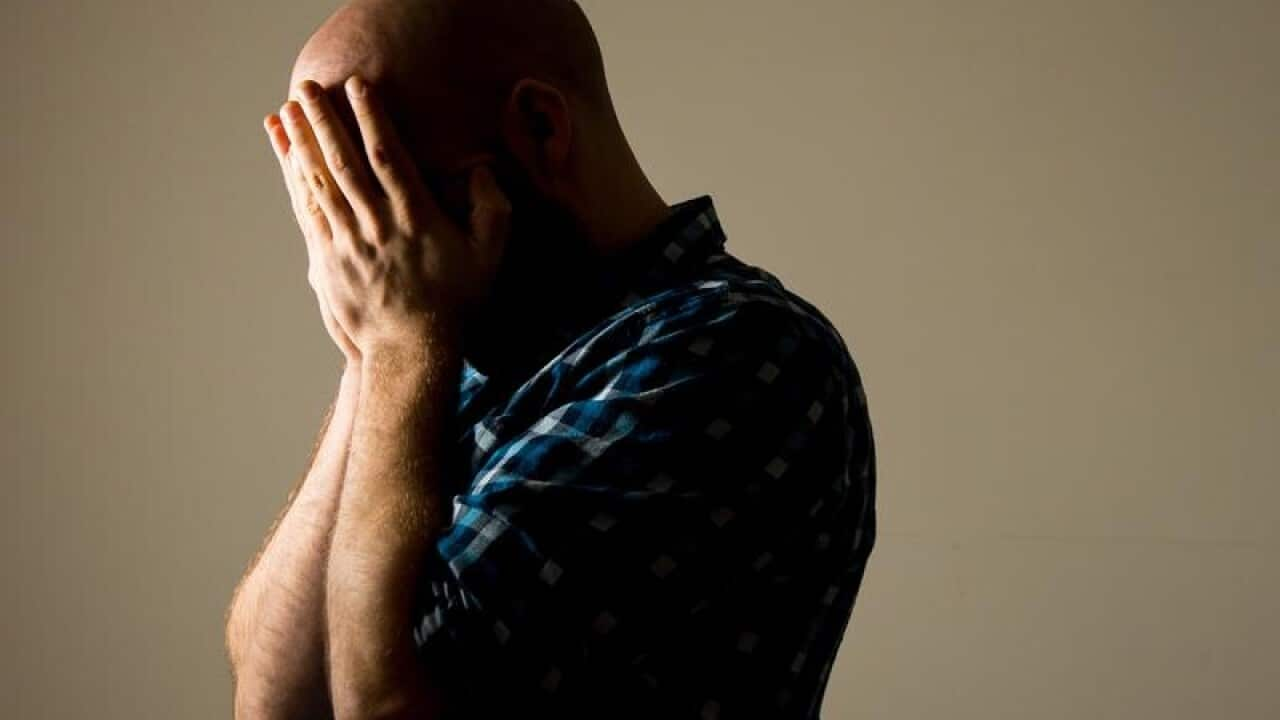Smartphone apps can be an effective treatment option for people with mild to moderate depression, according to a new international research review.
With mental health services struggling to meet the demand for treatment, researchers from Australia's National Institute of Complementary Medicine (NICM), Harvard Medical School, The University of Manchester and the Black Dog Institute examined the efficacy of smartphone-based treatments for depression.
Researchers systematically reviewed 18 randomised controlled trials which examined a total of 22 different smartphone-delivered mental health interventions.
The meta-analysis involved more than 3400 male and female participants between the ages of 18-59 with a range of mental health symptoms and conditions including major depression, mild to moderate depression, bipolar disorder, anxiety and insomnia.
Overall, the smartphone apps "significantly"reduced people's depressive symptoms, according to the findings published in journal World Psychiatry.
"The main analysis found that smartphone interventions had a moderate positive effect on depressive symptoms, with no indication of publication bias affecting these findings," the authors wrote.
"However, our subgroup analyses found that the effects of smartphone interventions were substantially larger when compared to inactive than active control conditions."
After accounting for population type, the significant benefits of smartphone apps were only found for those with self-reported mild-to-moderate depression.
"Nonetheless, the nature of smartphone interventions does appear to position them as an ideal self-management tool for those with less severe levels of depression. The observed effects indicate that these interventions are well-placed for delivering low-intensity treatment within a stepped-care approach, or even prevention of mild-to-moderate depression among the millions of people affected by subclinical symptoms," the authors concluded.
Despite the promising early results, there is currently no evidence to suggest that using apps alone can outperform standard psychological therapies, or reduce the need for antidepressant medications, the authors cautioned.
Earlier this year, consumers were urged to be cautious about the plethora of 'mindfulness' apps now available in the booming digital health market.
Dr Quinn Grundy, a postdoctoral research fellow in the University of Sydney's Faculty of Pharmacy based at the Charles Perkins Centre, said while apps have the potential to deliver tailored, accessible and cost-effective mental health services, greater regulation was needed.
Dr John Torous at Harvard Medical School agrees patients and doctors are faced with a vast array of mental health apps, and says for this reason it's "imperative" more research is done.
"This research provides much-needed information on the effectiveness of apps for depression, and offers important clues into the types of apps which can help patients manage their condition," Dr Torous said.
Readers seeking support and information about suicide prevention can contact Lifeline on 13 11 14.
Suicide Call Back Service 1300 659 467.
MensLine Australia 1300 78 99 78.
Multicultural Mental Health Australia www.mmha.org.au.
Local Aboriginal Medical Service details available from www.bettertoknow.org.au/AMS

